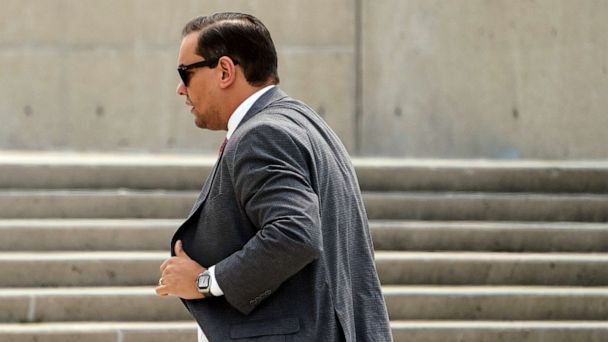knowledge

Methadone and buprenorphine, both FDA-approved drugs, are considered the gold standard for treating opioid use disorder. They are so effective, in fact, that they are considered nearly curative for people who use them as prescribed. But a multitude of social and physical barriers to access mean that only about 20% of people who could benefit from these medicines have access to them. Access is even harder for pregnant people, who face additional stigmas and challenges.
Arthur Robin Williams, an addiction psychiatrist, and Judith Cole, a nurse practitioner, join the podcast this week to speak about the challenges during pregnancy, including the reality that federal law makes it possible for child protective services to be called when people receiving legal effective treatments for addiction give birth. Despite medications like methadone being fully safe during pregnancy, they continue to carry a stigma that can result in trauma for both birth parents and newborns.
advertisement
“What’s getting conflated here is a result on a drug test, for instance, with actual abuse or neglect,” said Williams.
Williams and Cole wrote about this issue in their recent First Opinion essay, “Mothers in treatment for opioid use disorder shouldn’t also have to fight child protective services.” You can read more about barriers to addiction treatment in STAT reporter Lev Facher’s series “The War on Recovery.”
Be sure to sign up for the weekly “First Opinion Podcast” on Apple Podcasts, Spotify, Google Play, or wherever you get your podcasts. And don’t forget to sign up for the First Opinion newsletter to read each week’s best First Opinion essays.
advertisement
Next article: Anesthesiologist group: stop taking Ozempic before surgery








